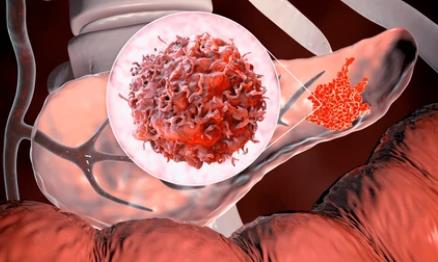The research team led by Lin Dongxin, Zheng Jian, and Wang Liqin from the Cancer Prevention and Treatment Center of Sun Yat-sen University and the National Key Laboratory of Malignant Tumor Prevention and Treatment in South China published a research paper titled “QDPR deficiency drives immune suppression in pancreatic cancer” in the Cell Metabolism journal. This study found that in pancreatic ductal adenocarcinoma (PDAC), quinone dihydropterin reductase (QDPR) deficiency…
Cancer research
FOXO1- Key Protein That Can Control the Lifespan of Car-T Cells
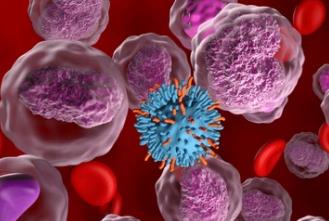
Nowadays, CAR-T cell therapy has completely changed the treatment of certain types of cancer. The longer these CAR-T cells survive in the patient’s body, the more effective their response to cancer becomes. Recently, a research report titled “FOXO1 is a master regulator of memory programming in CAR T cells” was published in the journal Nature. Scientists from institutions such as Stanford University School of Medicine found through their research…
A New Mechanism Linking Poor Diet with Increased Cancer Risk

In a recent study, the research team of the National University of Singapore and the Singapore Science and Technology Research Bureau has made groundbreaking progress. These new findings reveal the relationship between cancer risk and poor eating habits and clarify the causal chain between common diseases such as diabetes induced by poor diet and the increased risk of cancer. The breakthrough results of this study are expected to provide strong…
Activating GCN2 Can Metabolize Reprogrammed T Cells and Enhance Their Anti-Tumor Immunity
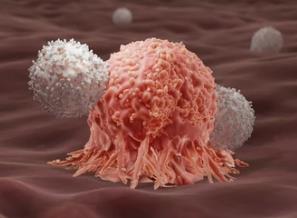
Researchers from the University of Toronto published a research paper titled “Ex vivo activation of the GCN2 pathway metabolically reprograms T cells, leading to enhanced adoptive cell therapy” in the Cell Reports Medicine journal. This study confirms that in vitro activation of the GCN2 pathway can metabolize reprogrammed T cells, thereby enhancing the therapeutic effect of adoptive cell therapy. Featured Products Cat. No. Product Name Source (Host) Species Tag…
Potential Therapeutic Targets for Human Inflammatory Bowel Disease and Colitis Induced Colorectal Cancer
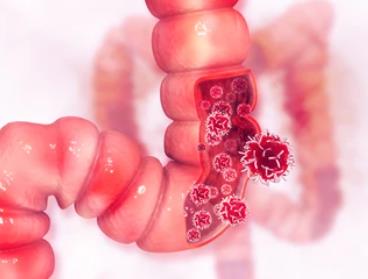
Intestinal inflammation can trigger a vicious cycle that disrupts the sensitive relationships between food, digestive acids, microorganisms, and the immune system, further promoting inflammation and sometimes even leading to tumor growth; Recently, a research report published in the journal JCI Insight titled “Farnesoid X receptor mediates macrophage-intrinsic responses to suppress colitis-induced colon cancer progression,” scientists from institutions such as the University of Wisconsin Madison identified a promising new target for…
PLA2G7-A New Breakthrough in Reversing the Immunosuppressive Microenvironment of Liver Cancer
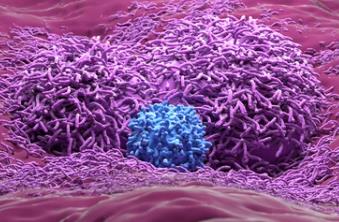
Recently, a team led by Dong Ling from Zhongshan Hospital affiliated with Fudan University and Zhang Si from the School of Basic Medicine at Fudan University jointly published a new study in the Journal for ImmunoTherapy of Cancer, revealing the presence of a class of highly expressed platelet-activating factor acetylhydrolase (PLA2G7) and highly immunosuppressive TAMs in the microenvironment of hepatocellular carcinoma (HCC). Inhibiting PLA2G7 can improve the immune microenvironment and…
CD276: A New Target for the Treatment of Brain Metastatic Cancer
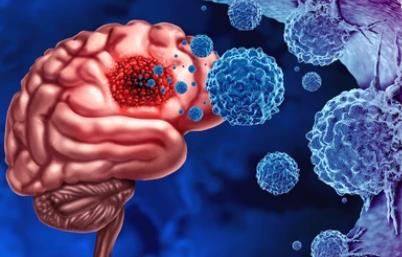
Researchers from the University of Lausanne in Switzerland have published a research paper in the Cancer Cell journal titled “Interrogation of endothelial and mural cells in brain metastasis reveals key immune-regulatory mechanisms”. Recent analysis of samples from patients with brain metastases (BrM) has revealed the importance of the brain tumor microenvironment (TME) in regulating the progression of primary and metastatic brain malignancies. The enormous complexity of TME in BrM…
MRE11 Releases cGAS from Nucleosome Blockade to Prevent Cancer Development
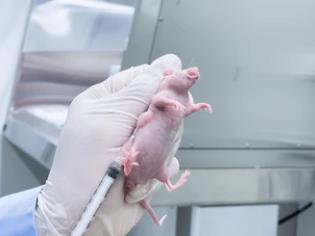
Every time cancer cells divide, they cause damage to their own DNA molecules. For a long time, scientists including Gao á v Gupta Bo, associate professor of radiation oncology at the University of North Carolina School of Medicine in the United States, have been curious about how cancer can evade detection by the body’s own defense system, despite the immune system constantly monitoring cells for DNA damage. In a…
The Reasons for The Therapeutic Effect of CTLA-4 Inhibitors Being Sluggish
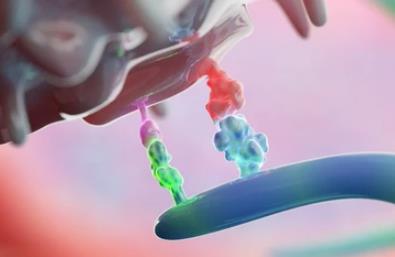
As the “predecessors” in immune checkpoint inhibitors, the development of anti-CTLA-4 monoclonal antibodies in recent years has not been ideal. From the perspective of approved indications, their single-drug treatment uses are few and can only be paired with PD-1/L1 inhibitors. If we look at the failure cases of clinical research, it will be even more heart-wrenching. So the question is, what is blocking the anti-CTLA-4 monoclonal antibody? The research…
The Regulation of Cancer Stem Cells and Its Implications for Targeted Cancer Therapy
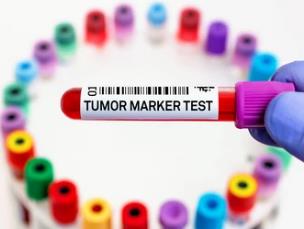
Tumor occurrence and progression are considered to be a complex progressive process involving multi-level reactions and accumulation of mutations. In the past few decades, there have been many studies on this topic in the field of oncology. These studies mainly focus on tumor cells, tumor microenvironment, tumor heterogeneity, etc., among which tumor heterogeneity is closely related to the occurrence and malignancy of tumors. Cancer stem cells (CSCs), as one of…
